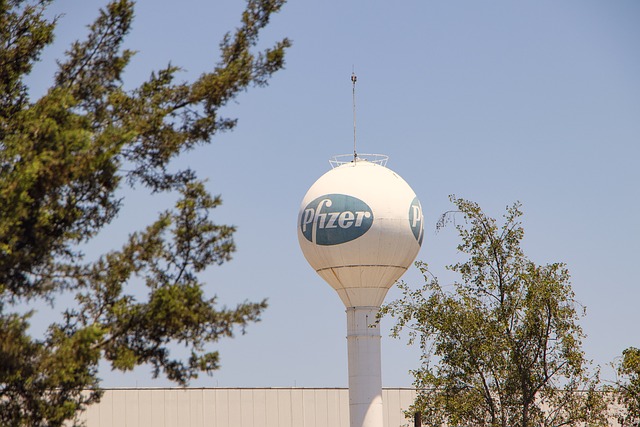In a landmark move, the US Food and Drug Administration (FDA) has recently given its seal of approval to Pfizer’s maternal RSV vaccine, marking a pivotal moment in infant healthcare. This approval opens doors to a new era of protection against respiratory syncytial virus (RSV), a common and potentially dangerous illness among infants. In this article, we delve into the significance of this breakthrough vaccine, its potential implications for infant health, and what it means for parents and healthcare providers.
Understanding Maternal RSV Vaccine
Respiratory syncytial virus, or RSV, is a highly contagious virus that can lead to severe respiratory infections in young children, especially infants. The consequences of RSV can range from mild cold-like symptoms to more severe conditions such as bronchiolitis and pneumonia. Premature infants and those born with certain medical conditions are particularly vulnerable to its effects.
Pfizer’s maternal RSV vaccine works by leveraging the power of a pregnant woman’s immune system to provide passive protection to her unborn child. When a pregnant woman receives the vaccine, her body generates antibodies against RSV. These antibodies are then passed to the developing fetus, providing a shield against RSV-related illnesses during the crucial early months of life.
FDA Approval: A Game-Changer
The FDA’s approval of Pfizer’s maternal RSV vaccine represents a significant stride in infant healthcare. The vaccine’s approval follows rigorous testing and clinical trials that demonstrated its safety and efficacy in protecting infants from RSV. The decision comes as a beacon of hope for parents who have long sought effective preventive measures against this pervasive virus.
Protecting Vulnerable Lives
One of the most compelling aspects of the maternal RSV vaccine is its potential to safeguard the most vulnerable lives. Premature infants, in particular, have an underdeveloped immune system, making them more susceptible to severe RSV infections. By vaccinating pregnant individuals, we can extend a shield of protection to these at-risk infants during their critical early stages of development.
Empowering Parents and Healthcare Providers
The approval of Pfizer’s maternal RSV vaccine not only empowers parents with a tool to protect their children but also equips healthcare providers with a valuable preventive strategy. Discussions between expectant parents and healthcare professionals can now include the option of the maternal RSV vaccine as part of a comprehensive care plan.
Looking Ahead
As we celebrate this remarkable milestone in infant healthcare, it’s important to recognize that the approval of Pfizer’s maternal RSV vaccine is just the beginning. Ongoing research and advancements in medical science continue to pave the way for innovative solutions to age-old health challenges. The maternal RSV vaccine serves as an inspiring example of what can be achieved when scientific expertise and public health needs align.
Conclusion
The US FDA’s approval of Pfizer’s maternal RSV vaccine is a monumental achievement with far-reaching implications. By harnessing the power of a mother’s immune system, we can now offer infants a stronger defense against respiratory syncytial virus, potentially sparing countless families the heartache of RSV-related illnesses. As we move forward, it is our hope that such breakthroughs will continue to shape a healthier and safer future for generations to come.












